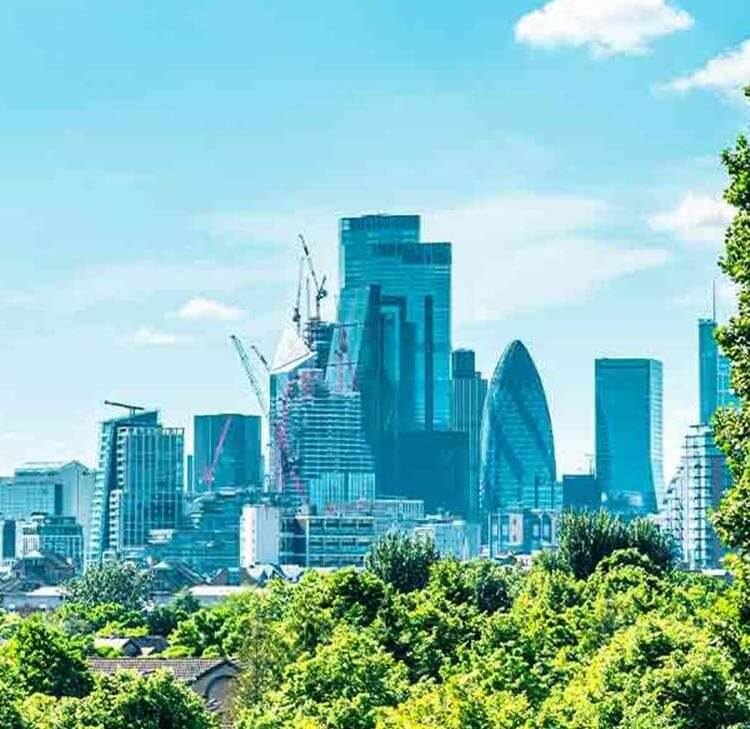Digest:
- “Voluntary markets are markets where entities buy carbon credits to offset some or all of their own carbon emissions. These ... credits [operate] ... through carbon removals and through emissions reductions – for example, by investing in renewable energy or planting trees. Carbon credits may also be issued for projects that prevent GHG emissions from being released in the atmosphere.”
- “... concerns raised about [VCMs include] ... (i) ... at project level, regarding the environmental integrity of the ... credits; (ii) issues relating to ... the trading environment ... and the behaviour of market participants ... (iii) issues regarding the overall communication around ... carbon credits by buyers ... leading to a risk of greenwashing.”
Source/Context:
“CR06/2022 Voluntary Carbon Markets (iosco.org)”
IOSCO has published a Discussion Report “with the aim of advancing the discussion about what sound and efficient Voluntary Carbon Markets (VCMs) should look like and what role financial regulators may play in promoting integrity in those markets.”
One proposition the report addresses is: “key participants and infrastructures [should] have appropriately robust governance frameworks” including to manage conflicts of interest.
What does this mean for the FS and other industries?
“IOSCO has identified a set of potential vulnerabilities that may merit specific attention ...
On environmental integrity, the main concern is about the quality of carbon credits, the lack of standardized methodologies to measure additionality of projects, leakage of carbon, and risks surrounding the permanence of the reduction or removal of greenhouse gas emissions
...
There are also concerns about transparency relating to the methodologies used for calculating emissions reductions and about potential conflicts of interest and lack of transparency relating to the remuneration of both project suppliers and others in the ecosystem.”
“With regards to ... the trading environment ... it is worth noting that, at the moment, there is no regulatory oversight (financial services or otherwise) or framework for the issuance and trading of voluntary credits ...
In addition, there are uncertainties about the legal treatment of carbon credits in some jurisdictions ... IOSCO’s analysis suggests the current lack of standardized documentation of carbon credits also creates challenges for scaling voluntary markets ...
Finally, data availability appears to be a concern.”
Contents
- ESG in 3D, December 2022
- COP15: The most important unknown summit?
- Long live king coal?
- Code of Conduct for ESG data and ratings providers
- All the pieces of the conduct puzzle: Governance, culture, D&I, innovation
- ‘Decentralised and autonomous’ – evolution or misunderstanding of unincorporated association law?
- Additional matters










































